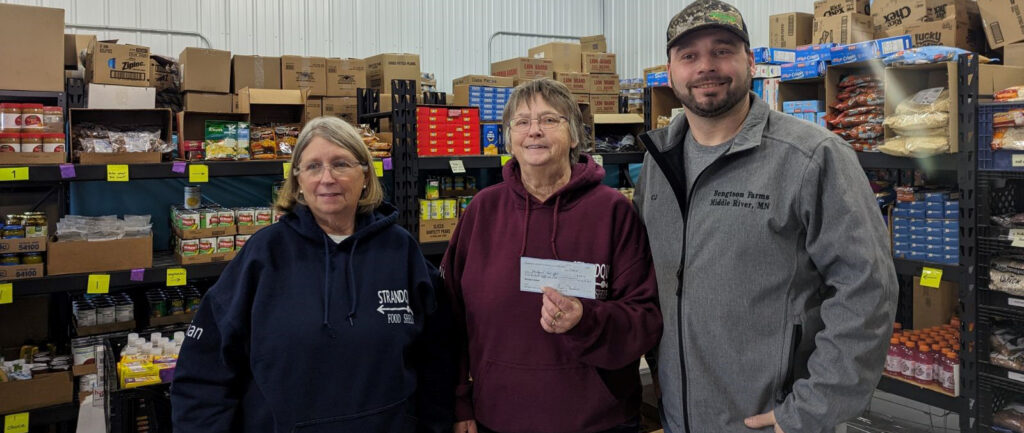Last month, the Minnesota Department of Agriculture (MDA) announced that Palmer amaranth was transmitted to a state field in Redwood County via contaminated livestock feed, a new pathway for the aggressive weed first discovered in Minnesota in 2016.
“Palmer amaranth is formidable just based on its biology. We have to go back to integrated weed management — incorporating the right mix of tools and tactics to prevent damage,” says University of Minnesota Extension agronomist Jeffrey Gonsolus. “Chemicals alone cannot adequately manage resistant weeds.”
Palmer amaranth can cause massive yield losses for corn and soybean producers, and containing the weed is costly to farmers. Through eradication and containment efforts, Palmer amaranth has not yet spread beyond six Minnesota counties. But its resistance to herbicides, rapid growth, massive seed production and recent presence in feed screenings are causes for concern to Minnesota farmers.
Gunsolus has worked with MDA in its efforts to prevent the spread of Palmer amaranth and other increasingly resistant weeds. He is available via email to offer guidance on the weed, prevention efforts in Minnesota and elsewhere, along with overarching concerns about the increase of herbicidal resistance.
“Eradication and a proactive approach are so important for the Upper Midwest. Cooperation, coordination and communication are essential to help us untangle the web caused by resistance,” Gunsolus said. “Building trust is the key. It doesn’t mean you’re a ‘bad’ farmer if you find you have this weed.”
Gunsolus is an Extension agronomist and weed scientist. He leads the University of Minnesota Extension crops team and is a professor of agronomy at the University’s College of Food, Agricultural and Natural Resource Sciences. His weed management research program is designed to help Minnesota growers’ needs, including diversification of their weed management program.
Contact Information:
Jeffrey Gunsolus
(612) 625-8130







